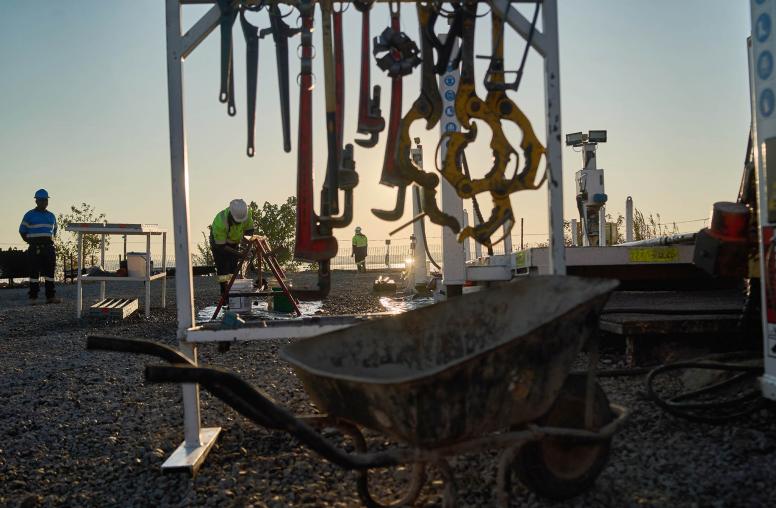The Democratic Republic of the Congo (DRC) is looking for U.S. investors in the mining sector as a way to break China’s dominance over the country’s reserves of cobalt, copper and other critical minerals. However, the DRC’s struggles with violence and weak governance make this seem like a risky proposition — but it doesn’t have to be. USIP’s Thomas Sheehy, Gécamines’ Guy-Robert Lukama and USIP Senior Study Group on Critical Minerals in Africa member Anthony Carroll explain how the United States can build mutually beneficial partnerships with countries like the DRC that address, rather than worsen, regional instability and serve U.S. economic and security interests.



